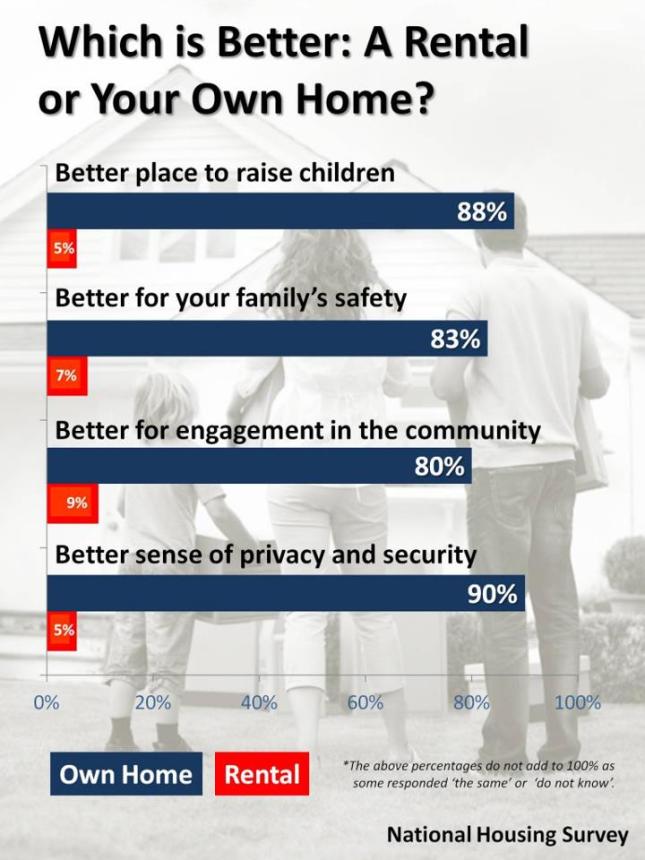Buying a first home can be a scary, confusing and stressful process. Many would-be buyers are understandably nervous at the prospect of making the largest purchase of their lives. Rather than diving in and hoping for the best, you should prepare carefully before you begin the house search.
Following some useful tips will help you turn an overwhelming and intimidating experience into an exciting search that yields the right home!
1.) Establishing a Realistic Price Range
A common mistake among first-time home buyers is purchasing more house than they can afford. You should not rely on banks to determine what you can comfortably spend on a new home. Banks are adept at determining the amount of monthly debt in the form of mortgage, insurance, credit card, student loan and auto loan payments. They have no way of knowing, however, what you spend each month on groceries, entertainment and utilities.
You should make a list of all monthly expenses, excluding rent or your current mortgage payment. Whatever is left after monthly expenses is the amount available for a mortgage payment and housing expenses such as taxes, insurance and home maintenance. Carefully consideration of your budget saves time by weeding out homes that you cannot afford and guards against overspending.
2.) Seeking Pre-approval
Getting pre-approved for a mortgage prevents a deal on a dream home from falling apart due to failure to obtain financing. You should compare loans from several lenders to see which one best suits your needs. A pre-approval letter will give you some power to negotiate on a home’s price because the seller will view a pre-approved offer more favorably than an offer that comes without lender pre-approval.
Keep in mind that pre-approval is different from pre-qualification. During pre-qualification, the lender estimates what you can afford. Pre-approval is a more involved process in which the lender looks at your credit report and performs an extensive financial background check. At this point, you will get a good idea of the mortgage interest rate as well.
3.) Setting Priorities
You should compile a list of what you need and want in a house. Needs might include the number of bedrooms, square footage, high-quality schools and commute time. These needs are aspects of the house that either cannot be changed or cannot be changed without substantial cost to you.
Wants, on the other hand, are something you would like and that can be changed. Wants may include a pool or hot tub, landscaping, finished basement or hardwood floors. Making a list of wants and needs helps you focus on what is really important in a house, narrowing the list of prospective homes. Ideally, the new house will include all of the needs and a few wants.
4.) Choosing the Right Neighborhood
Crime statistics, insurance rates, property taxes and school quality are important considerations for you. Because the neighborhood makes up a large part of a home’s value, take your time to find exactly what suits your needs. You should also consider job commute, traffic during rush hour and proximity to amenities such as shopping, churches and libraries.
Driving through the neighborhood at various times during the day and night will provide a more complete picture of the location. Don’t forget to talk to potential neighbors, who can be a good source of information regarding the neighborhood and residents in the community. Take note that bad neighbors can bring down the value of a house.
5.) Finding the Right Home Inspector
You will also need a professional home inspection. Even new houses may present costly problems evident only to a home inspector.
You should talk to several inspectors before hiring one. You should ask about the inspector’s qualifications, scope of the inspection, how long it will take and the nature of the report you will receive at the end of the process. Main areas covered by the inspection should include quality of construction, integrity of the foundation and condition of plumbing, electrical, heating and cooling systems. If the inspection uncovers serious issues, such as cracks in the foundation, you may decide to back out of the contract or ask the seller to repair the problem.
If you (or anyone you know) are a TEACHER, MILITARY, FIREFIGHTER, POLICE, CORRECTIONS, NURSE, DOCTOR, DENTIST MEDICAL ASSISTANT, CNA, Etc, you may qualify for the Homes for Heroes program!
You can reach me, Travis Newton, Homes for Heroes Mortgage Lender Affiliate in Salem Oregon at 503.931.4490 or on the Oregon Homes For Heroes Facebook page.





